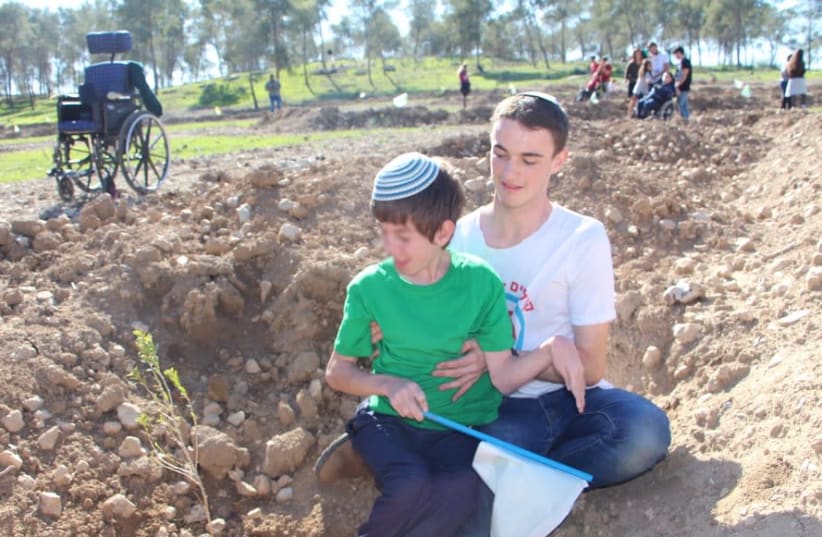Generally speaking, most Israelis don’t know much about disabilities, especially “invisible” disabilities (intellectual or developmental disabilities that may not be noticeable at first glance).
Unless the child in question is in a wheelchair or otherwise visibly disabled, some Israelis may resist accommodations for children with special needs who look “normal.” They may dismiss behavior by children with special needs as simply “bad,” rather than understanding that it stems from a medical or mental condition.As the father of two children with special needs, I understand how draining it can be to explain your child’s disability to others. Parents become exhausted from constantly explaining the significance of their child’s Teudat Necheh and the benefits their children are entitled to receive. As a society, when we see someone who is differently abled, we should not ask for an explanation from the person or their family about their condition.Speaking about the incident, Peretz said, “I’m sure it came from a complete lack of awareness, total ignorance of the issue. It is important to me that business owners and the public understand that there are invisible disabilities, and that we as parents with special needs are constantly fighting to get our children the rights they deserve. My goal is not to shame the restaurant, but to raise awareness.”As a society, we must push for extensive education about disabilities, both the visible and invisible. We also need to foster a culture that trusts when someone is identified as disabled, rather than challenging them and demanding an explanation.While there’s still much work to be done around awareness, Israeli society has made tremendous strides in disability rights over the past few decades. Based on all of the progress I’ve seen working in the special needs sphere for the last 30 years, I’m hopeful that awareness of invisible disabilities will become mainstream in the coming years.The writer is the founder and director of Alei Siach, a Jerusalem-based nonprofit providing all-inclusive solutions for people living with special needs and their families.
Israel must do better when it comes to invisible disability
Generally speaking, most Israelis don’t know much about disabilities, especially “invisible” disabilities.
